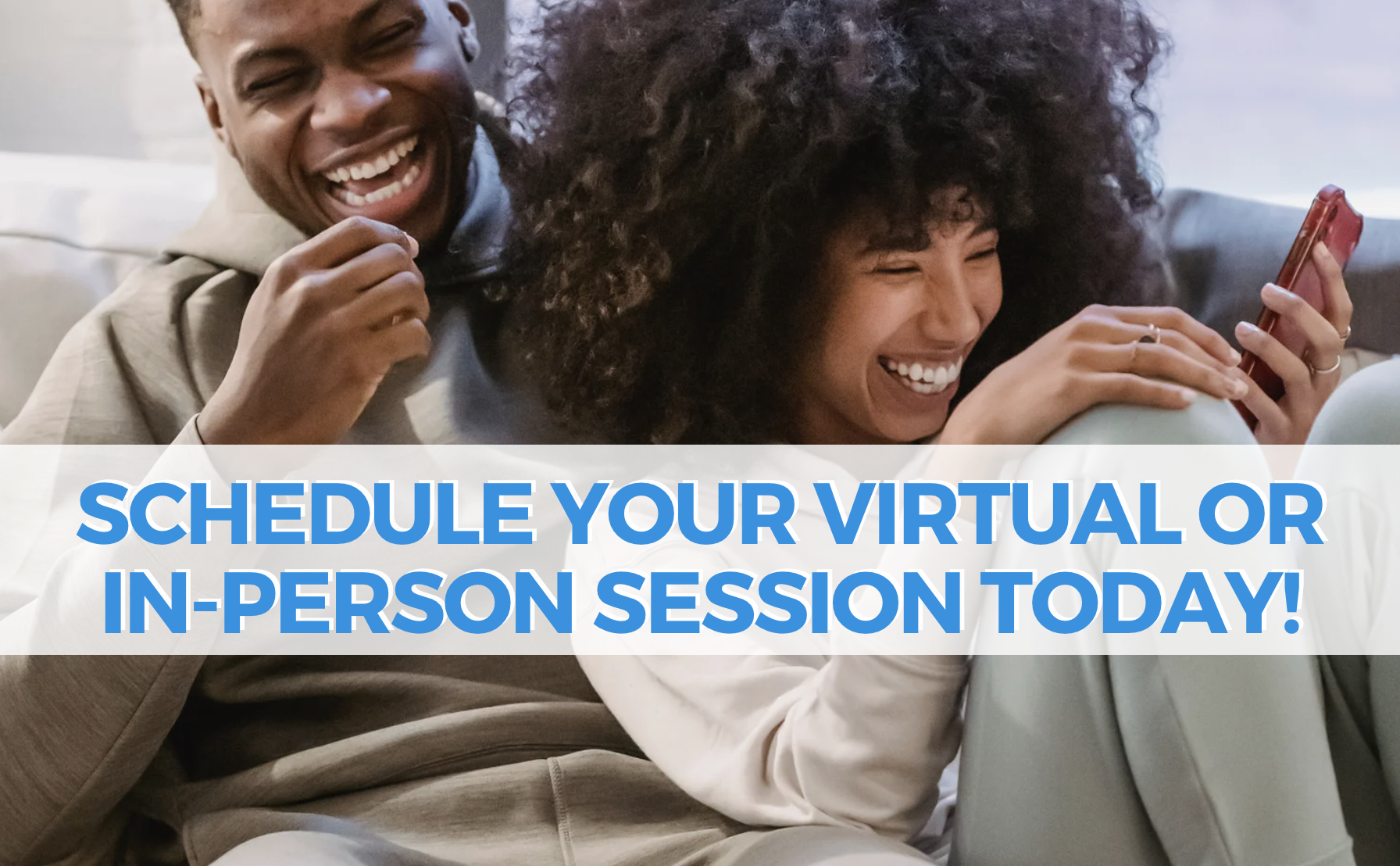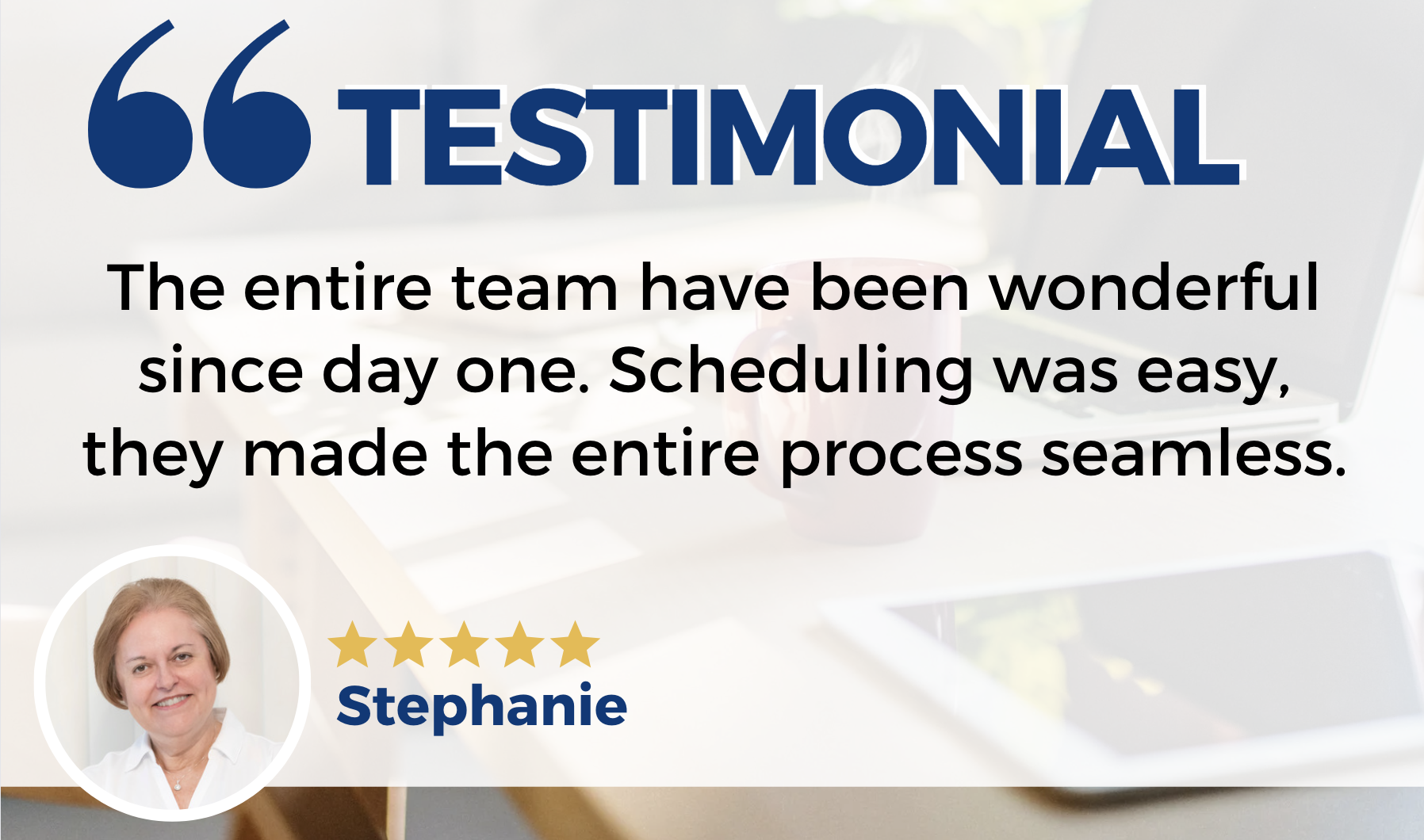Some moments in life feel bigger than they are. A comment taken the wrong way, an unmet expectation, or a small disappointment can trigger an emotional wave that’s hard to control. Other times, we minimize something serious, brushing off red flags or tolerating behavior that deserves a strong response.
That’s where emotional regulation comes in.
At its core, emotional regulation is the ability to right-size your reactions. It’s about responding with clarity instead of reactivity, especially in relationships. It’s the difference between feeling like you’re constantly on edge and actually feeling grounded, wise, and in control of your own energy.

What Is “Right-Sizing” Your Response?
Emotional regulation doesn’t mean ignoring how you feel. It means being honest about what’s happening and choosing a response that matches the situation, not your fear, your past, or someone else’s dysfunction.
“When you pause and check in with yourself, you give your brain a chance to lead instead of your fear,” says Skip Swies, Life Coach at Life Coach Austin. “That’s the heart of emotional regulation. Responding, not reacting.”
Ask yourself:
- Am I reacting to this specific moment, or to something older and deeper?
- Does my level of emotion match the reality of the situation?
- Is my response helping me move toward peace or further into chaos?
“When your emotions are bigger than the situation calls for, it’s usually because they’re tied to something else,” Skip explains. “That doesn’t mean your feelings aren’t valid. It just means they need unpacking before you act.”
Why Emotional Regulation Matters in Relationships
In coaching, we often work with individuals who feel stuck in cycles of confusion, overthinking, or emotional exhaustion. These patterns are common in unhealthy relationships, especially when someone:
- Makes you feel responsible for their moods
- Escalates when you set boundaries
- Says one thing but consistently does another
“Unregulated emotions make you vulnerable to manipulation,” Skip says. “But when you’re centered, you can see things clearly and protect your peace.”
Learning to regulate your emotions helps you spot these patterns more clearly. It helps you say, “This doesn’t feel right,” and back that up with action.
What to Do When You’re Facing a Tough Relationship
If someone in your life consistently and constantly leaves you feeling anxious, uncertain, or emotionally drained, here are a few reminders:
- You are allowed to step back when someone is treating you poorly, even if they’re family.
- Boundaries aren’t punishments. They’re tools for protection and peace.
- Trust behavior, not promises.
- Structure creates stability.
“You don’t have to be the emotional janitor in someone else’s life,” Skip reminds. “Your responsibility is your response, not their behavior.”
You Deserve Relationships That Respect Your Peace
Emotional regulation is not about becoming robotic. It’s about becoming resilient. When you learn to regulate, you reclaim the space between what happens and how you respond. Contact Life Coach Austin to learn more about building emotional regulation.



